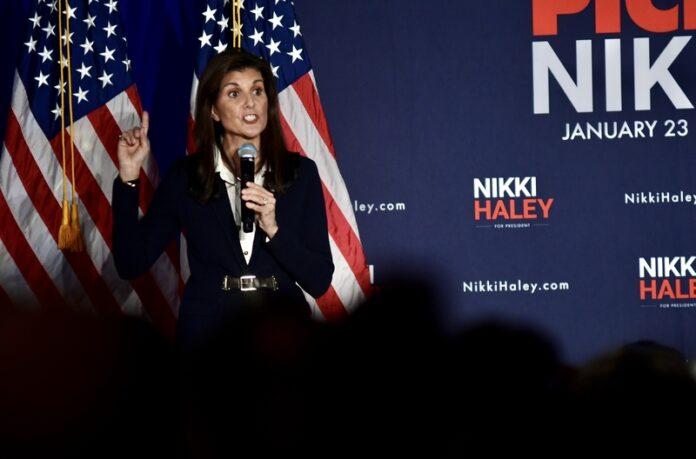In a recent development that has sparked widespread discussion and debate, Republican presidential candidate Nikki Haley commented on the topic of Texas secession.
During her appearance on “The Breakfast Club” radio show, Haley expressed her belief in the rights of states, including the right to secede, a view she has maintained since her initial gubernatorial campaign in South Carolina.
Haley stated, “If that whole state says, ‘We don’t want to be part of America anymore,’ I mean, that’s their decision to make,” adding, “Let’s talk about what’s reality. Texas isn’t going to secede.”
Haley’s remarks have raised questions about the legal and historical context of state secession in the United States. Historically, the issue of state secession is closely tied to the Civil War and the ensuing legal battles that defined the Union’s integrity. The Supreme Court’s ruling in Texas v. White in 1869, following the Civil War, stated, “When Texas became one of the United States, she entered into an indissoluble relation.” This ruling is seen as a cornerstone in the legal interpretation that no state can unilaterally secede from the Union.
The discussion of Texas secession is not new. In the past, Texas Governor Greg Abbott has used rhetoric reminiscent of the state’s 1861 secession proclamation, particularly in his disputes with the Biden administration over border policies. However, efforts to formally raise the issue, such as a separatist group’s attempt to get an advisory vote on the ballot, have been rejected by the Texas GOP.
Haley’s comments come at a time when she is trailing significantly in the polls behind former President Donald Trump in Texas. According to a University of Houston survey, Haley is behind by 61 percentage points. Despite the improbability of Texas seceding, Haley’s remarks highlight the ongoing discussion about states’ rights and federal authority in American politics.
As the presidential race continues, Haley’s campaign strategy and messaging are evolving. After lackluster performances in the Iowa and New Hampshire primaries, Haley has been targeting demographics that typically support Trump. Her campaign has also been critical of both Trump and Biden, focusing on the need for younger leadership in the White House.

